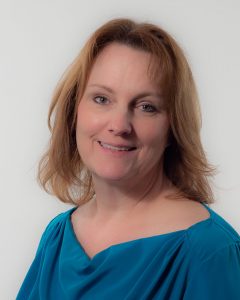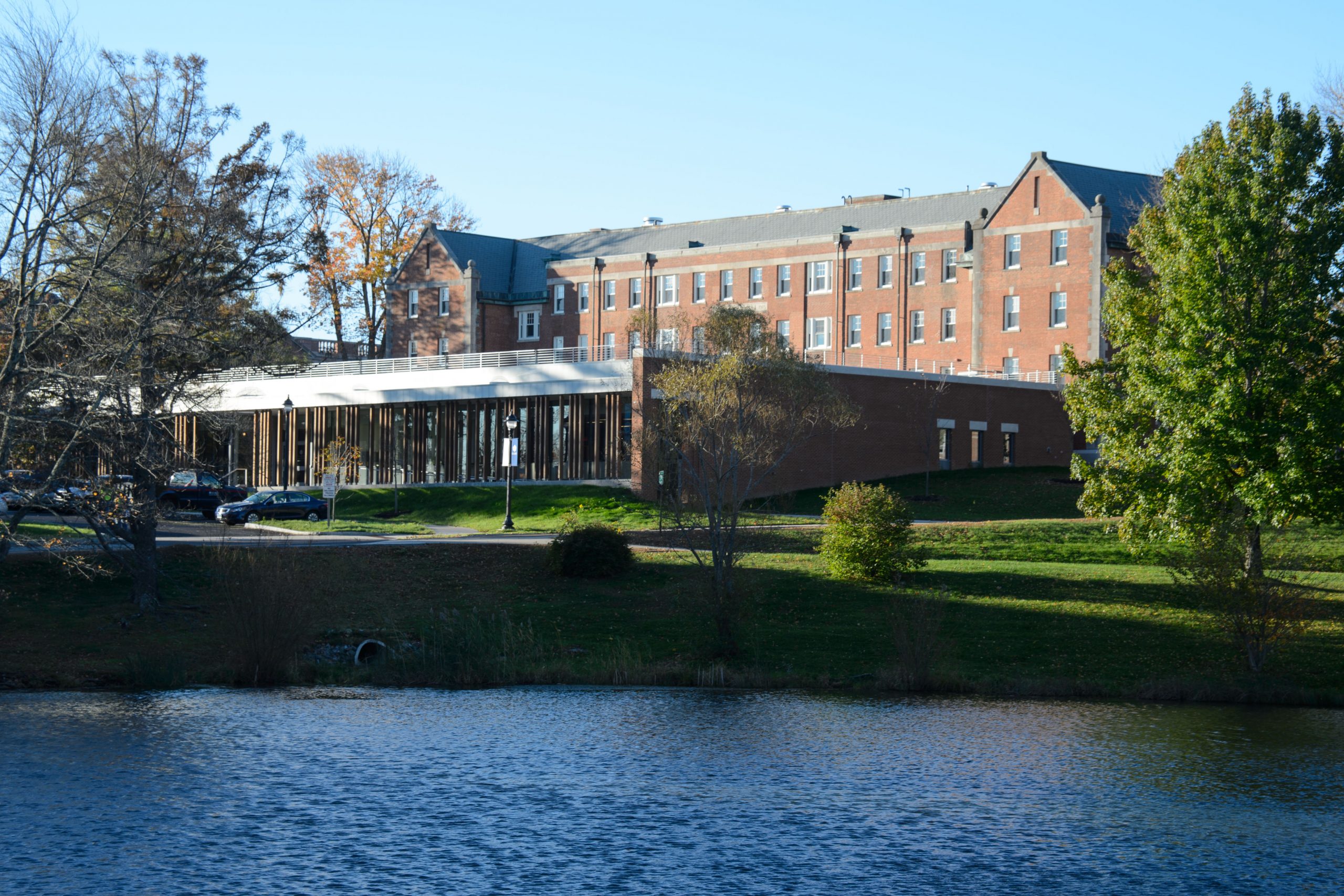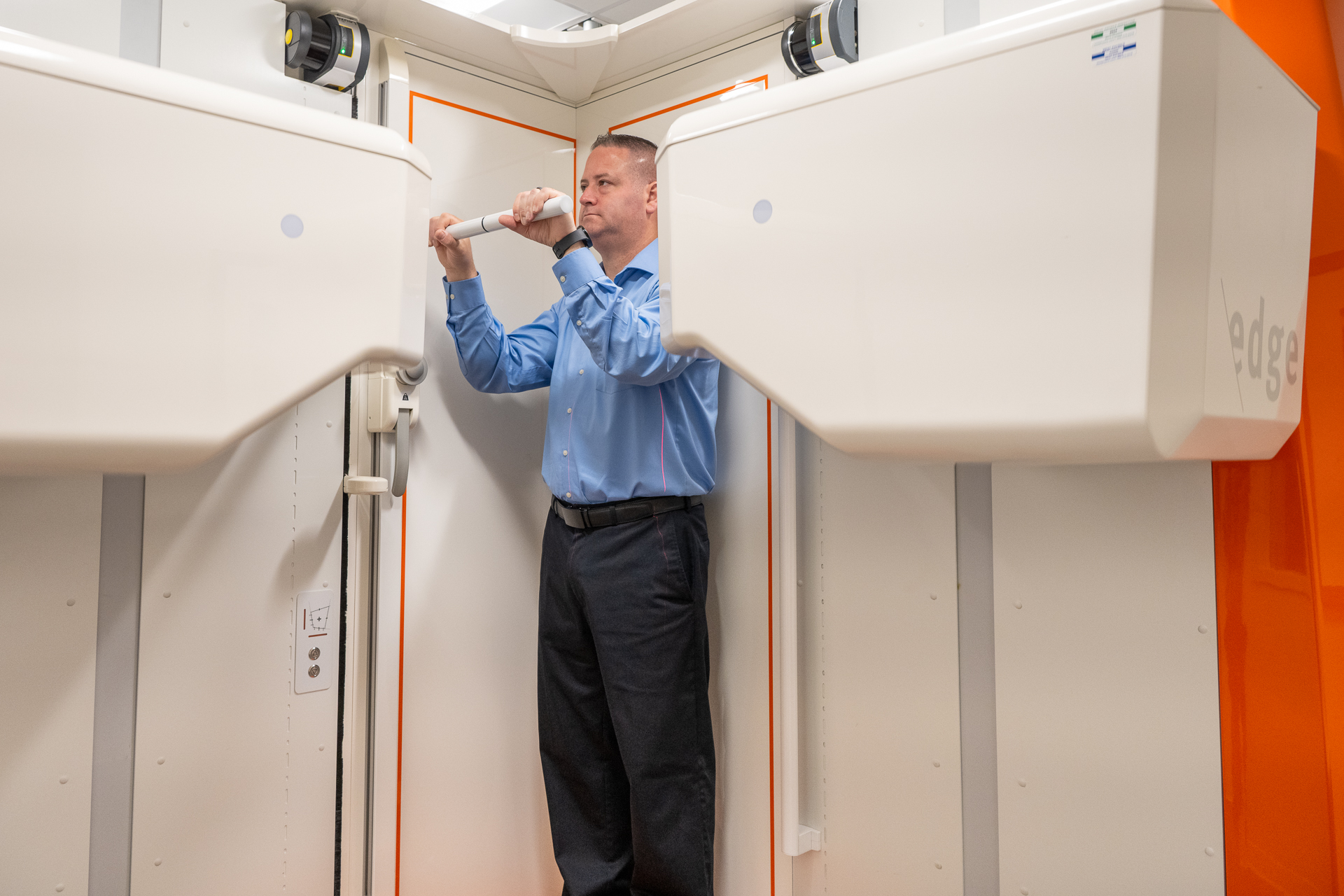
As we celebrate Pride Month, let’s take a moment to reflect on what it means to be an active ally to the LGBTQIA+ community within UConn Health and beyond.
What does it mean to be an ally to the LGBTQIA+ community? How do I transition from quiet support to active ally? Being an advocate for my patients and students was something that I was used to doing, but I had to ask myself how that applied to supporting the LGBTQIA+ community both in my personal and professional life. Advocate and ally both needed to be actionable items for me.
Being an active ally involves more than just passive support; it requires continuous education, empathy, advocacy, and action. An active ally commits to understanding the distinct challenges faced by the LGBTQIA+ community, including discrimination, health disparities, and the need for safe, affirming health care environments.
As health care professionals, we hold a unique and powerful position in the lives of our patients and community. Let’s take a look at ways to be an active ally.
Education is the Foundation
Understanding the specific health needs and social challenges of LGBTQIA+ individuals is crucial. This means continually educating ourselves about issues such as the higher prevalence of mental health issues, the impact of discrimination on overall well-being, and the specific health risks that LGBTQIA+ people may face. This knowledge allows us to provide better, more tailored care and to create a more inclusive environment.
Empathy and Respect
Empathy involves actively listening to and respecting the experiences and identities of LGBTQIA+ individuals. It’s essential to use inclusive language, ask for and correctly use names and pronouns, and create an environment where everyone feels seen and respected. Simple acts of respect and recognition can significantly impact a patient’s comfort and trust in their health care providers.
Advocacy
Advocacy includes working to ensure that UConn Health policies and practices support LGBTQIA+ inclusivity. This can involve listening to LBGTQIA+ people and amplifying their voices, creating inclusive environments for patients and staff, and understanding intersectionality and how other aspects of identity (race, gender, disability) intersect with sexual orientation and gender identity. Advocacy also includes supporting the inclusion of LGBTQIA+ health topics in education and pushing for better data collection to understand and address health disparities.
Action
Being an ally means taking action against discrimination and inequality whenever we encounter it. This includes standing up against homophobic or transphobic remarks, whether they come from colleagues or patients, and supporting LGBTQIA+ rights and visibility both within and outside UConn Health. It also means creating and participating in initiatives that promote LGBTQIA+ health and well-being.
In our roles as health care providers, we can make a profound difference in the lives of LGBTQIA+ patients, staff, and students. By committing to being active allies, we can help ensure that UConn Health is a place where everyone feels safe, respected, and valued.
By actively applying these actions, we strengthen the trust and bonds within our diverse community. Being an active ally is an ongoing journey that enriches our professional lives and enhances the well-being of those we serve.
Together, we can make UConn Health a leader in inclusivity, championing the health and dignity of the LGBTQIA+ community.
Happy Pride Month!
Amanda Darcey is a clinical nurse specialist in UConn Health’s Professional Practice and Clinical Excellence Department and member of the John Dempsey Hospital diversity council. She has been at UConn Health for 28 years, and for the last 11 years she’s been an adjunct member of the UConn School of Nursing faculty. She is co-author of a training module for UConn Health clinical staff titled “Foundations of LGBTQIA+ Health Care.”



